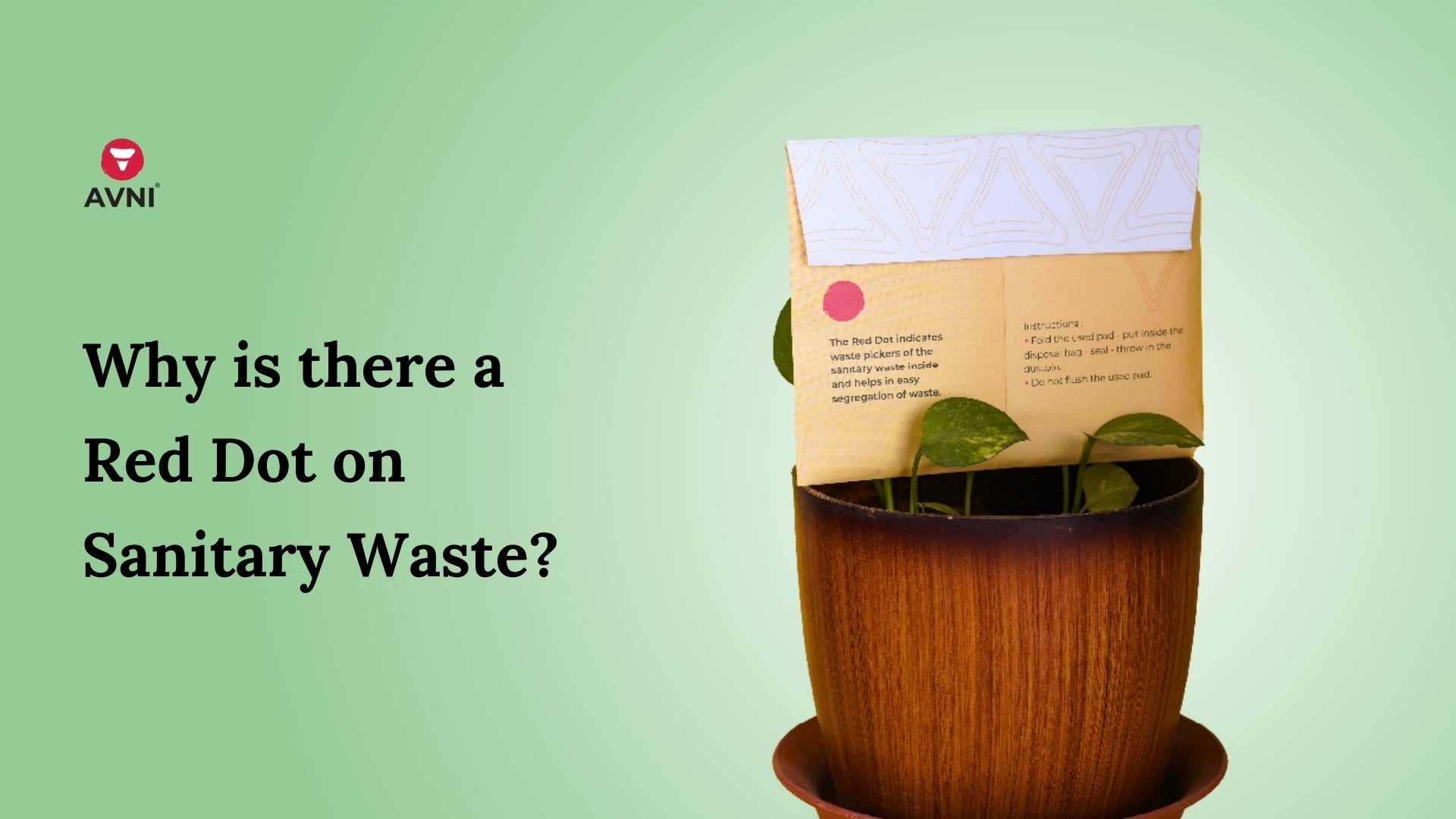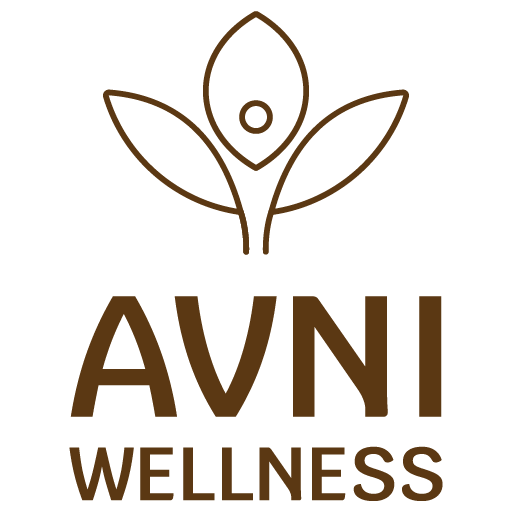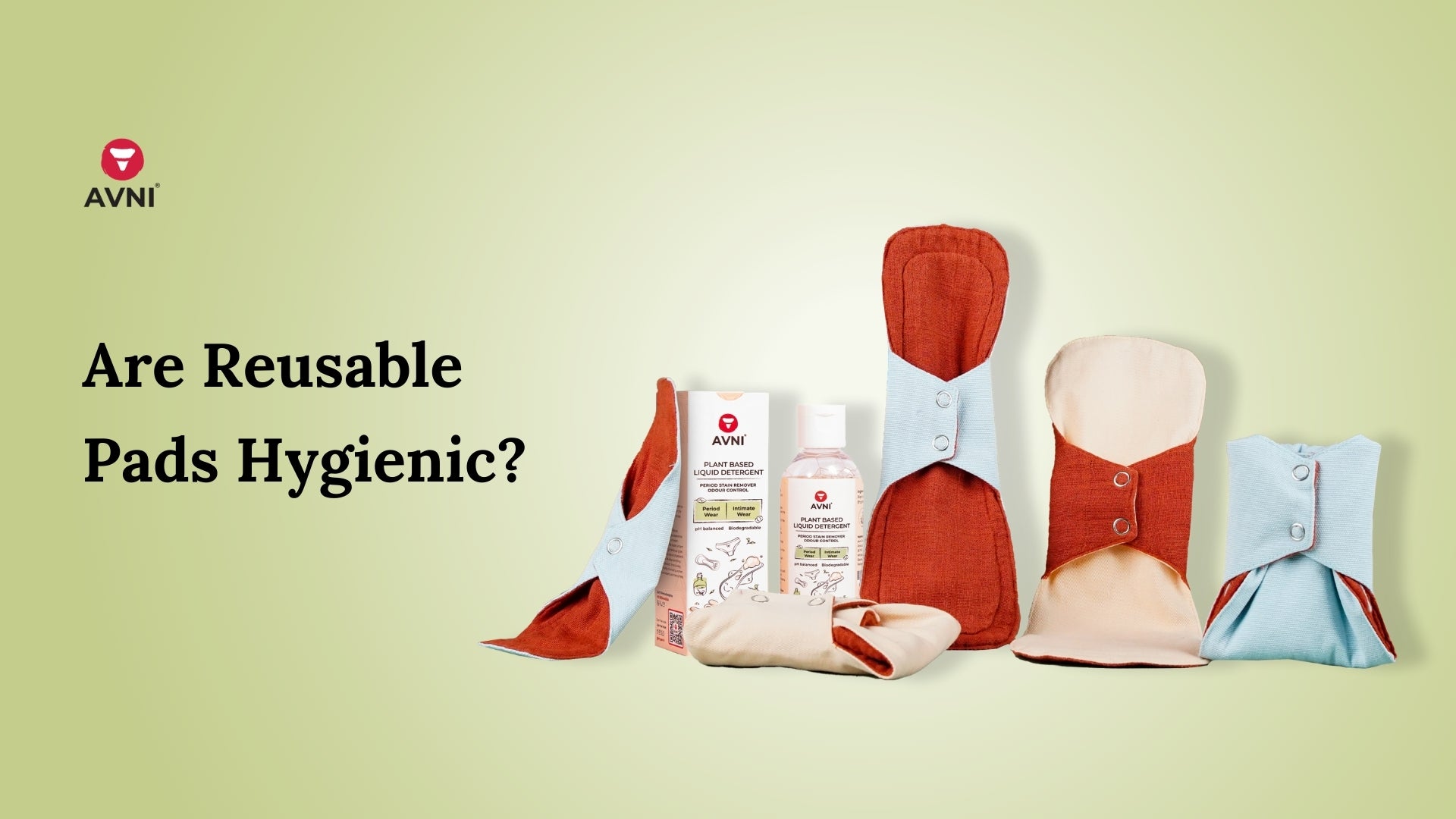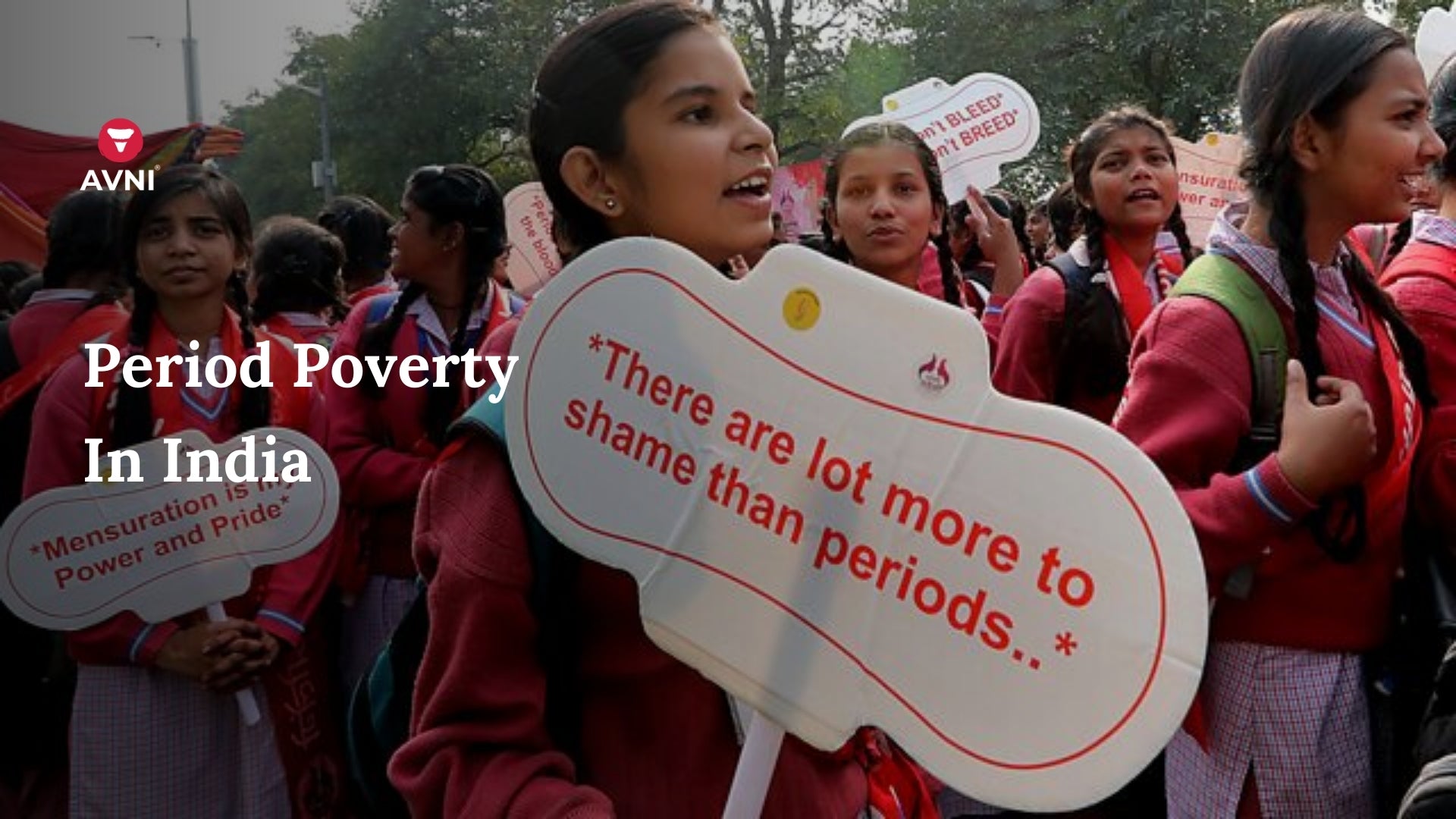
Why is there a Red Dot on Sanitary Waste?
It’s a known fact that sanitary products constitute a large part of our garbage. Approximately 353 million women and adolescent girls across India utilise use-and-throw sanitary pads. Once used pads are disposed off in the garbage, it becomes the job of a garbage collector and sanitary worker to sort through the waste. Sanitary waste disposal is a massive obstacle that needs to be overcome on an urgent basis.
The Plight Of Sanitation Workers And Rag Pickers
Sanitation workers have to deal with all sorts of waste every single day and are required to segregate garbage like glass, paper, metals, food waste as well as soiled sanitary napkins with their bare hands. When sorting through sanitary waste, they are exposed to all sorts of diseases like hepatitis, e coli (this can be transmitted from person to person or by handling food or waste that was contaminated by an infected person), salmonella (which is also transmitted via handling food or waste from an infected person) and typhoid (which is caused by poor sanitation). They can also contract bacterial infections like staphylococcus (the staphylococcus bacteria are found on the skin), or worse still be exposed to STIs (Sexually Transmitted Diseases) or HIV.
The Red Dot Project
The Red Dot Project was started to prevent sanitation workers and rag pickers from opening garbage bags with sanitary waste in them – such as condoms, diapers, bandages, used period products like pads and tampons and anything else that contains bodily fluids, The project involved disposing such waste in bags marked with a large red dot – indicating what’s inside to sanitary workers and preventing them from going through opening and touching the waste with their hands.

The Red Dot Project also aims at teaching people how to dispose their waste without endangering anyone’s health. Careful disposal of sanitary napkins is a hygienic move and not just for the benefit of the sanitation workers and rag pickers but for the community in general.
Avni is an e-commerce brand that sells eco-friendly, eco-conscious period products. All our products, be it Lush Pads, Fluff Pads (award-winnng cloth pad), (disposable cotton sanitary napkins) and menstrual cups come in eco-friendly packaging made of recycled paper. Lush Pads, Fluff Pads and Menstrual Cups are reusable, biodegradable period products that do not end up in landfills and do not come in contact with sanitation workers.
For those who may be uncomfortable making the switch to green period products, our product, Avni Organic Sanitary Pads (cotton disposable period pads) come in a box of 12 pads and each pad comes with its own disposal bag – a little envelope made of recycled paper. Each one prominently features a red dot to signal that the bag contains period waste. These water proof bags seal in menstrual waste ensuring discreet disposal and safe segregation.
The importance of hygienic disposal of sanitary pads should be a conscious effort in this day and age, which is why we are trying to widen our reach and teach people about safe disposal of waste. Creating awareness and moving towards eco-friendly sanitary products will help us build a safer, cleaner, healthier environment for all.



Leave a comment
This site is protected by hCaptcha and the hCaptcha Privacy Policy and Terms of Service apply.